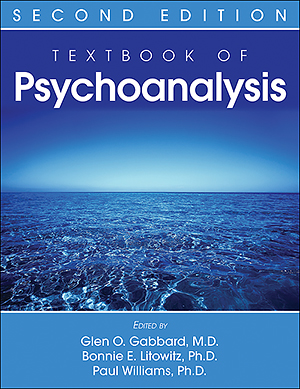Chapter 3.Theories of Motivation
Sections
Excerpt
McKay (1989) asserted that “psychoanalytic theory is above all a theory of motivation” (p. 6). Others have made similar comments. For example, Lichtenberg (1989) stated that “psychoanalytic theory at its core is a theory of structured motivation” (p. 1), and Rubinstein (1976) observed that “in one sense, the whole of psychoanalytic theory is a theory of motivation” (p. 68). Indeed, what is referred to as “psychic determinism” in Freudian theory is more accurately called motivational determinism. After all, one does not have to be psychoanalytically oriented to accept the idea that, like physical events, all psychological events are determined; all one needs to be is a strict determinist. The more distinctively psychoanalytic contribution to the principle of psychic determinism is the claim that all meaningful behavior (other than, say, reflexes) is motivated—by wishes and desires.
Access content
To read the fulltext, please use one of the options below to sign in or purchase access.- Personal login
- Institutional Login
- Sign in via OpenAthens
- Register for access
-
Please login/register if you wish to pair your device and check access availability.
Not a subscriber?
PsychiatryOnline subscription options offer access to the DSM-5 library, books, journals, CME, and patient resources. This all-in-one virtual library provides psychiatrists and mental health professionals with key resources for diagnosis, treatment, research, and professional development.
Need more help? PsychiatryOnline Customer Service may be reached by emailing [email protected] or by calling 800-368-5777 (in the U.S.) or 703-907-7322 (outside the U.S.).



